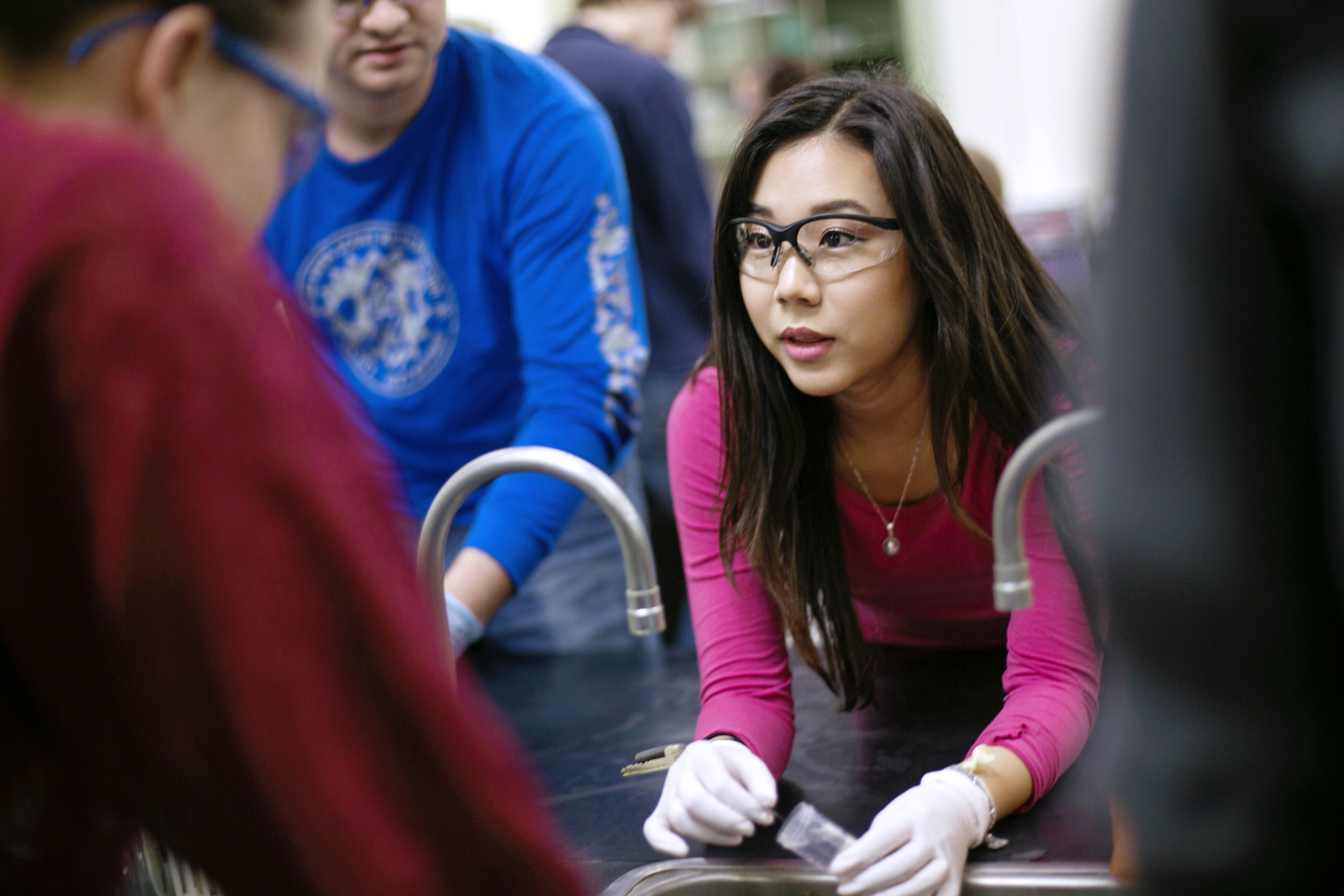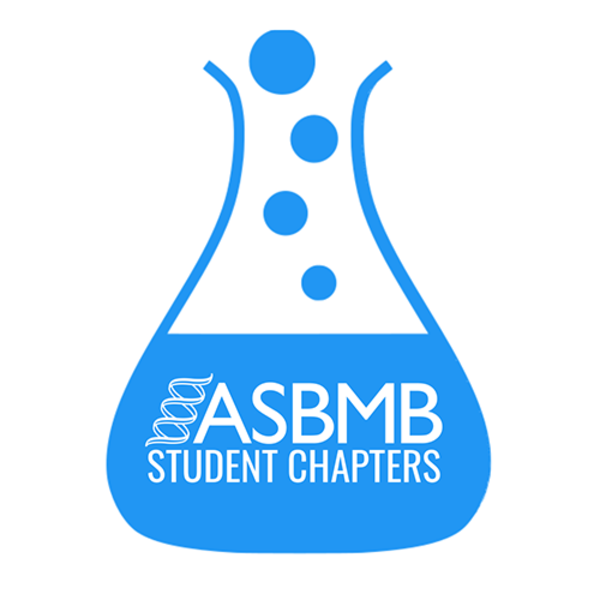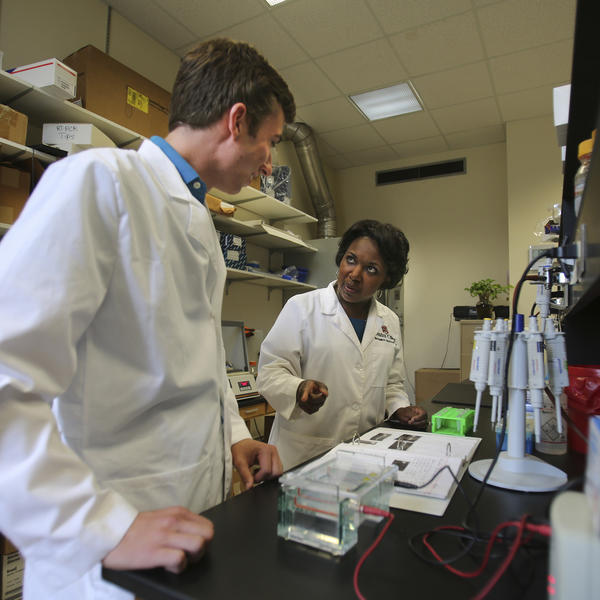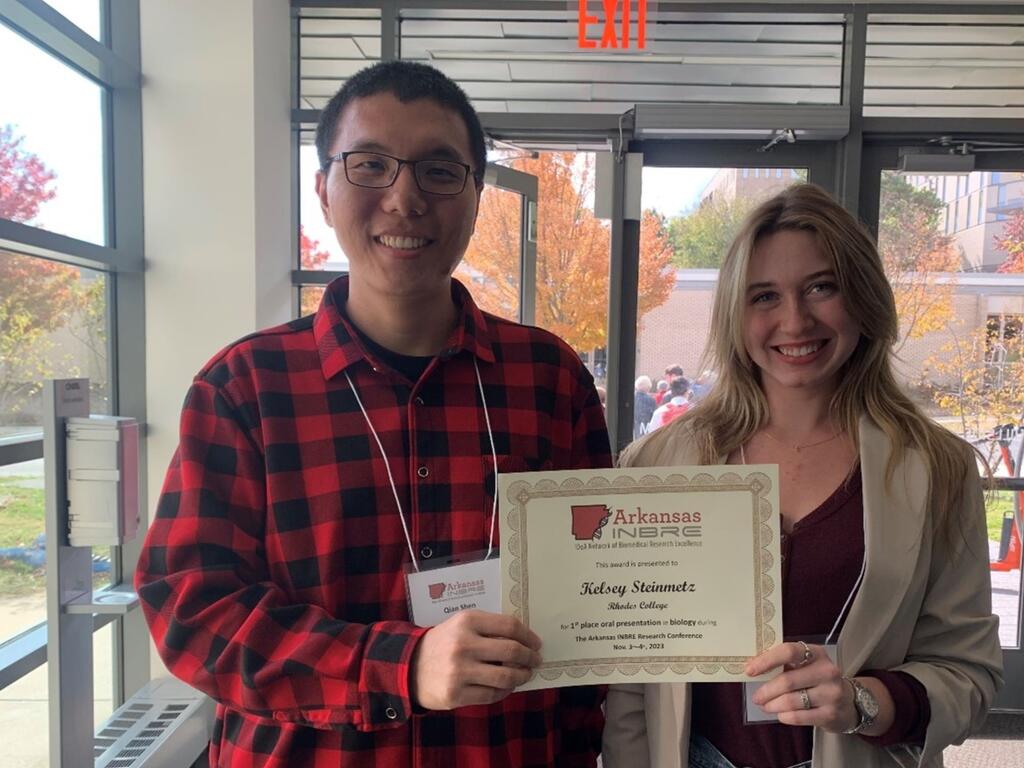Biochemistry and Molecular Biology (BMB) is an interdisciplinary major, which studies life at the molecular level. Under the guidance of faculty members drawn from the departments of Biology, Chemistry, and Mathematics, BMB majors study the structures and functions of cells and biological molecules by using contemporary methods of biochemical analysis, recombinant DNA technology, and molecular genetics. The BMB program is an appropriate preparation for graduate study in biochemistry and molecular biology, for medical school and other health science professions, and for careers in the pharmaceutical and biotechnology industries. By drawing upon the resources and perspectives of multiple disciplines, this major reflects the collaborative nature of current scientific research in this exciting area. In BMB, biologists and chemists contribute their respective understandings of cells and molecules in order to examine the workings of life at its finest levels. Mathematicians contribute to this effort by designing the computational tools of bioinformatics, which enable researchers to understand the structures of the thousands of different genes and proteins that are present in living systems.
The curriculum of the BMB program is designed to give students a firm grounding in the chemical and biological principles that apply to the study of the life at its fundamental level. Introductory coursework in chemistry and biology in the first year provides the theoretical understanding and practical laboratory background necessary for more advanced study in areas that include cell biology, organic chemistry, and molecular biology, among other required subjects. Room is also planned into each student’s curriculum for elective courses in the discipline, with the opportunity to choose from such courses as genetics, physical chemistry, computer science, and developmental biology, to name just a few among several options. Laboratory study is a part of every course and provides students with the investigational tools necessary not just to understand how knowledge in science is obtained, but also with the ability to engage in original research themselves. Students are strongly encouraged to apply what they have learned by becoming involved in undergraduate research in the course of their studies. Faculty members involved in the program have active research programs in cell and molecular biology, and further opportunities for undergraduate research are provided through formal programs with St. Jude Children’s Research Center and the University of Tennessee Health Science Center.
The Biochemistry and Molecular Biology Program at Rhodes is accredited by the leading professional society for the discipline, the American Society for Biochemistry and Molecular Biology (ASBMB). The vast majority of programs accredited by ASBMB are at larger research universities; Rhodes is one of only a handful of accredited programs at liberal arts colleges where the faculty and laboratory facilities are focused exclusively on undergraduate students.





